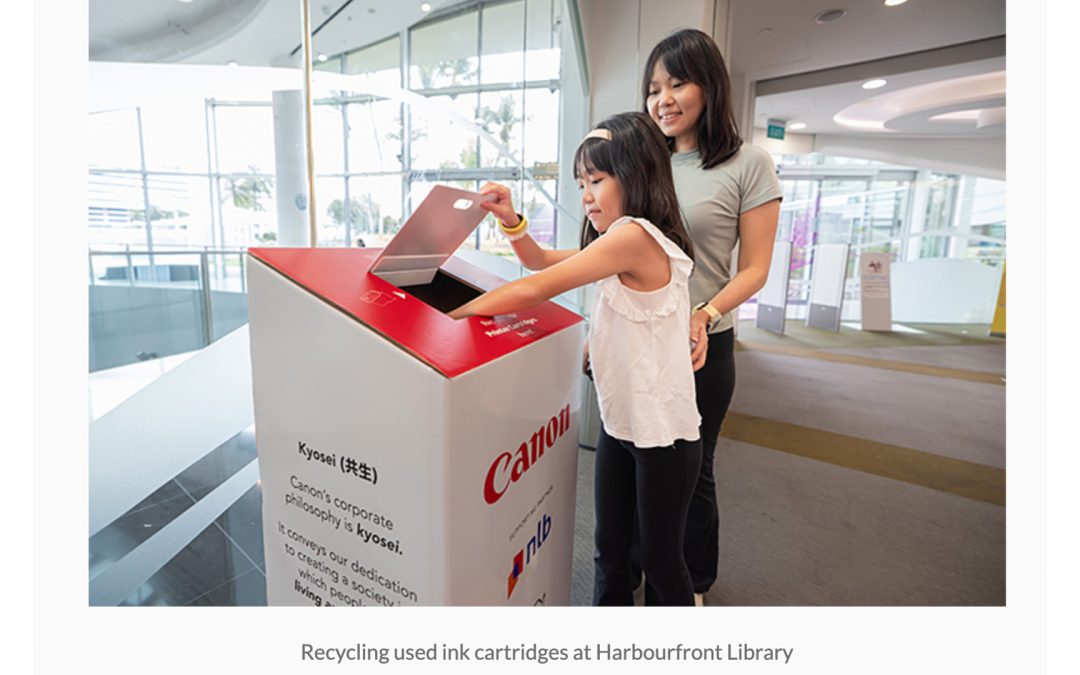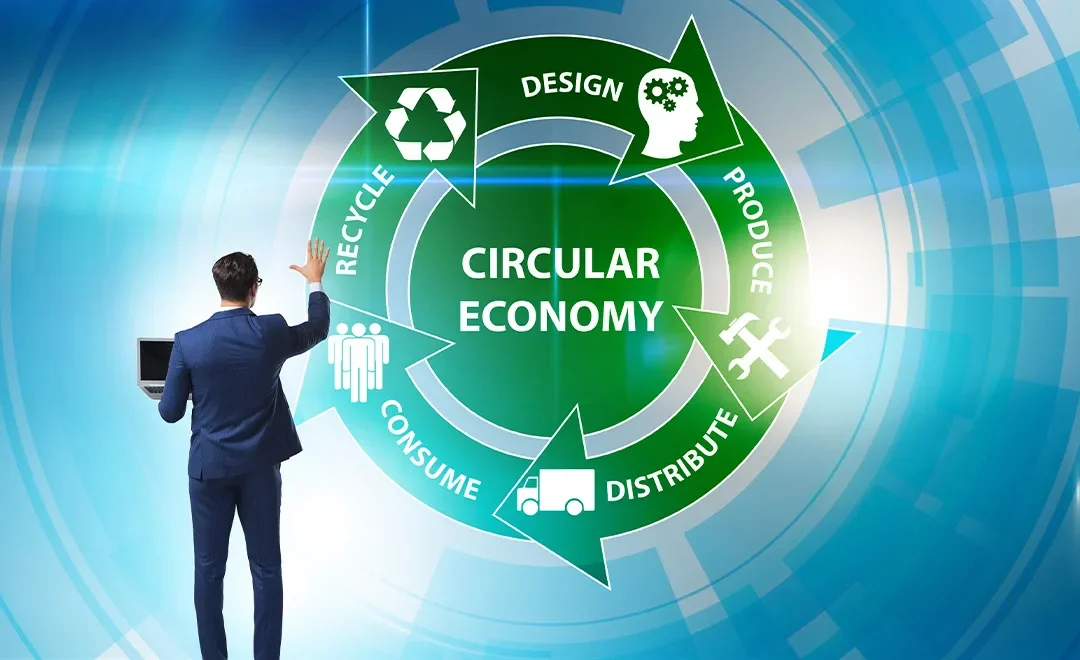
The European Recycling Platform (ERP) has reached a significant milestone by collecting and treating more than 3 million tonnes of waste electrical and electronic equipment (WEEE) across Europe since its foundation in 2002.
This number equals the amount of WEEE generated by the entire European Union in one year. The recycling of WEEE not only saves valuable natural resources, but also contributes to improving both the environment and human health.
ERP has produced an infographic to highlight some of the environmental benefits of recycling 3 million tonnes of e-waste, including preventing the emission of more than 32 million tonnes of CO2.
The amount of WEEE continues to grow, not only in Europe but worldwide. In 2021, global production will reach 52 million tonnes, according to the recently released Global E-Waste Monitor report. The hazardous substances leaching from landfill and contaminating soil and groundwater have huge impacts on the environment and human health, and the loss of valuable resources is also detrimental to the economy. To reduce the environmental harm of e-waste and save resources, a transition from a linear to a more circular economy is described by the ERP as “essential.”
The platform explained that this is why “ERP welcomes the recent compromise between the Council of the European Union, the European Parliament, and the European Commission as a result of the trialogue negotiations on the Waste Package, as well as the Plastics Strategy published by the European Commission on 16th January 2018.”
Both are described as important steps to strengthening the European circular economy and to further increasing the collection and recycling of important waste streams like WEEE, packaging and batteries.
“European Recycling Platform welcomes the EU initiatives to strengthen the principle of extended producer responsibility and to create competition in the waste market”, says Umberto Raiteri, CEO of ERP. “Treating 3 million tonnes of WEEE shows that ERP has contributed significantly to the EU circular economy and proves that extended producer responsibility in a competitive environment brings huge benefits for the environment at reasonable cost to producers. It also promotes innovation, which leads to higher quality treatment – preventing the release of hazardous substances – and higher quality resources for the circular economy.”
Regarding the Waste Package, ERP stated that it “particularly welcomes the clear definition of roles and responsibilities for all relevant stakeholders.” Furthermore, the introduction of extended producer responsibility for distance sellers, selling from one Member State to another, is an important measure for combatting free-riding and creating a level playing field among producers.
However, ERP said it would like to point out that the recent compromise lacks a clear definition of the organisational responsibilities of producers. This may hamper competition as producers may be bound in some Member States to a specific producer responsibility organisation instead of being free to choose from multiple competing schemes.
Regarding the Plastics Strategy, ERP commented that it “welcomes the proposed revision of the Packaging and Packaging Waste Directive which aims to harmonise the rules to ensure that all plastic packaging can be recycled in a cost-effective manner and further strengthen the principle of extended producer responsibility.”
According to the Platform, “the achievement of collecting and treating more than 3 million tonnes of WEEE once again underlines the important role ERP is playing in the European recycling market. Thanks to its unique pan-European scope (a network of 35 compliance schemes in 15 countries), its unrivalled experience and expertise, its innovative recycling strategies, and its creation of opportunities for pan-European recycling services, ERP is making a significant contribution to developing a more circular economy in Europe.”




















